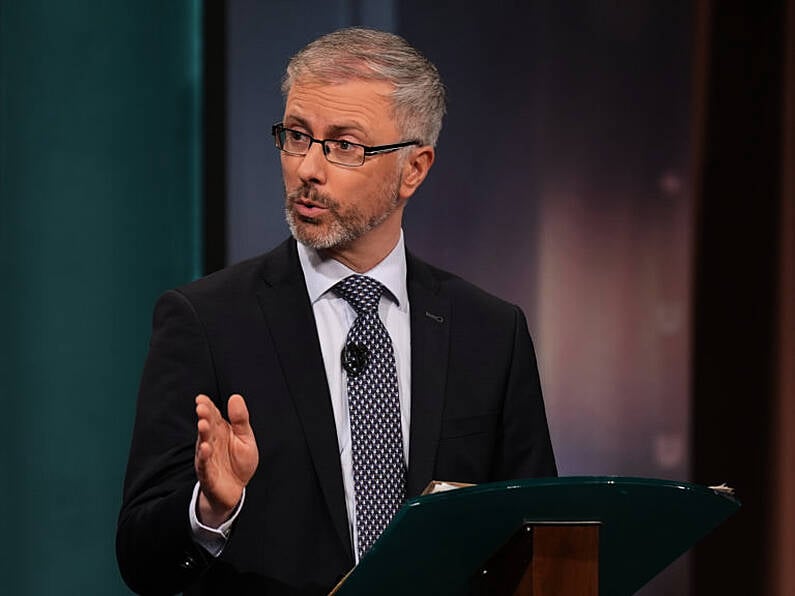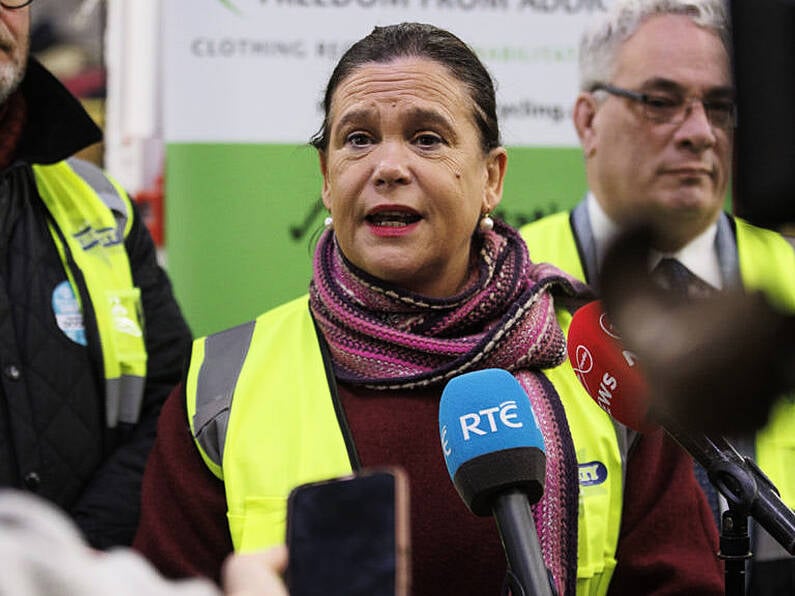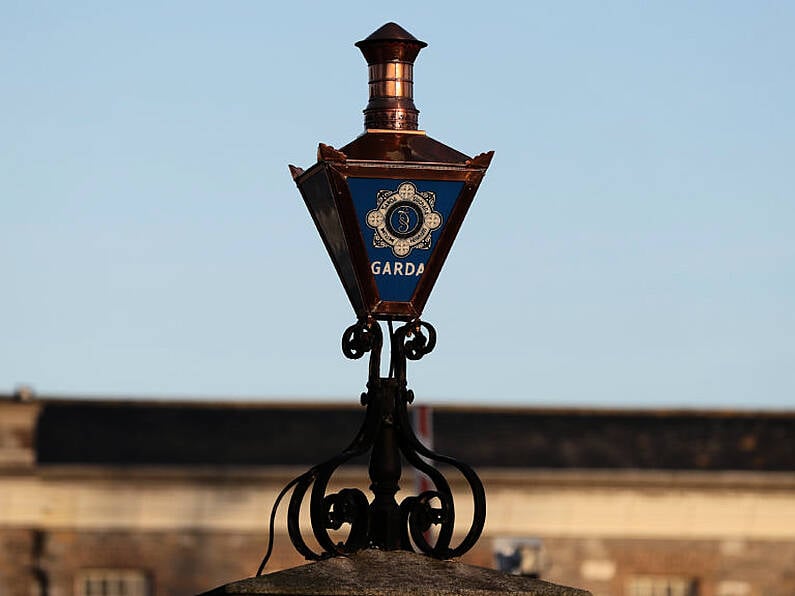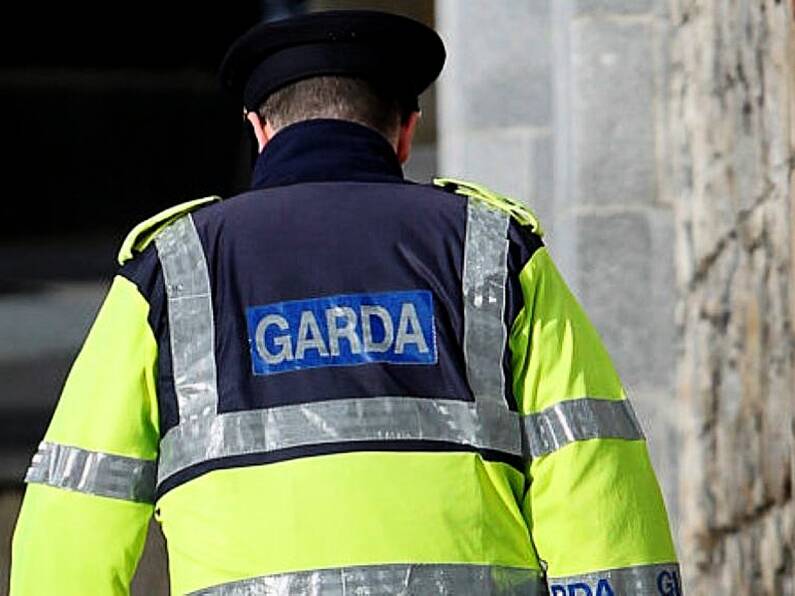Muireann Duffy
For many, debt is considered a normal part of life.
Figures from the Central Statistics Office show that in 2020, just under 70 per cent of Irish households had a form of debt, which included mortgages.
But for some, the burden of debt can be debilitating.
Debtors Anonymous (DA), founded in the US in the late 1960s, aims to support people struggling with their unsecured debt or spending habits, adopting the 12-step approach used by Alcoholics Anonymous.
DA’s presence in Ireland began in 2002, starting out with a meeting in Dublin city centre. A group was later established in Galway, in addition to second Dublin group, specifically for people with business-related debts.
Since the Covid pandemic, some meetings have switched to zoom, allowing people from all around the county, and even further afield, to participate.
Kate, who is a DA member, told breakingnews.ie that issues surrounding debt can be a difficult topic to broach.
“For people in debt, there can be a lot of shame,” she said.
“A lot of people with money issues become very isolated. They may feel like they can’t speak to family members or friends because there might be judgement, or shame, or embarrassment.”
“It’s a gradual disease – if you call it that. It might have started off in a small way, like any compulsive behaviour, but it gradually becomes worse. It can take a long time for someone to really see that there may be a problem.”
Kate, whose name has been changed, explains: “Everyone’s rock-bottom is different.”
“For some people, they may only be €50 in debt, but they know that there’s something wrong with their relationship with money, or they see that they’re heading for bigger debts. For other people, it could be €50,000 or €100,000 in debt.”
She stresses that DA is open to all, regardless of whether they are in debt, with the only requirement for membership being a desire not to incur new unsecured debt.
Symptoms
Spotting the signs of an issue surrounding debt can be difficult, as Kate says it can vary from person to person.
She adds some may feel a compulsion to spend, resulting in a period of deprivation when funds may have run out.
“For me personally, it was gradual.
“I was struggling to pay my mortgage, I was paying back credit union loans, my relationship was under pressure because I wasn’t able to meet my half of the bills.
“I was working full-time, constantly working, but never seeming to have any money.”
She adds that these types of spending habits often cause people to stop caring for themselves, such as foregoing medical or dental appointments, and often reach a point where even the smallest debt or finance-related tasks feel unmanageable.
“A lot of people might be scared to look at their bills, really simple things like that.
“People are living with a lot of worry, a lot of fear, and a lot of financial pressure, and that looks different for everyone.”
For Kate, her journey with DA began when she was able to admit to a family member that she was struggling.
We’ve heard it all and there’s absolutely no judgment
“It takes a lot of courage first to admit that there might be a problem, or that’s something’s not working in your life around money and debt,” she says.
“With DA, there is a community, there is support. It’s only members sharing their experience to help others, so nothing shocks us, we’ve heard it all and there’s absolutely no judgment.
“It’s all about helping people in the same boat. Others might just be further down the programme and able to share their experience.”
She adds that DA gives practical tools to help members address their debt, aiming to avoid incurring new unsecured debt one day at a time and bring clarity to the person’s finances, and can also support members in communicating with their creditors.
Asked if she thought she would ever reach a point where she would not feel consumed by her debt worries, Kate gives an absolute no.
“I thought at the time that I’d never be able to pay off the debt, or I’d never get to where I heard other members get to.
“Going through the programme it felt slow, but actually, looking back, my life changed quickly. It really made a difference. There was relief from the get-go, an alleviation of pressure.”
“The fear has left me – the fear around money has left me,” she says, adding that the relief has filtered through to her relationships and allowed her to do work she really enjoys.
“I have savings now, I was never able to have savings before. I have a prudent reserve. All my bills are met, they’re paid for on time, they’re saved for, and it just feels very clean in my head.
“With that space in my head, I have time for other things, whereas before I was constantly robbing Peter to pay Paul, or putting out fires, or just dealing with chaos around money.”
‘Our best thinking got us here’
Kate reiterates that someone need not be in debt to attend DA, with the group welcoming anyone with worries surrounding debt, finances or their relationship to spending.
For newcomers, DA suggests they attend six meetings to begin, with Kate adding that they encourage people to “take what you like and leave the rest”.
“In DA, we say ‘our best thinking got us here’, because all the things that I tried to do to look for a solution didn’t work, it had to be something bigger than myself.
“Like AA and all the other fellowships, it’s about a power greater than ourselves, which is ‘we’. We can’t do it alone,” she says.
“Reaching rock-bottom is different for everyone, but there is a solution,” she adds.
The opinions and experiences expressed in this article are of the individual member, and not necessarily that of Debtors Anonymous as a whole. Information on Debtors Anonymous, their 12-step approach, and signs that may indicate a person has an issue with debt can be found on their website, with more information also available on DA’s international website.












